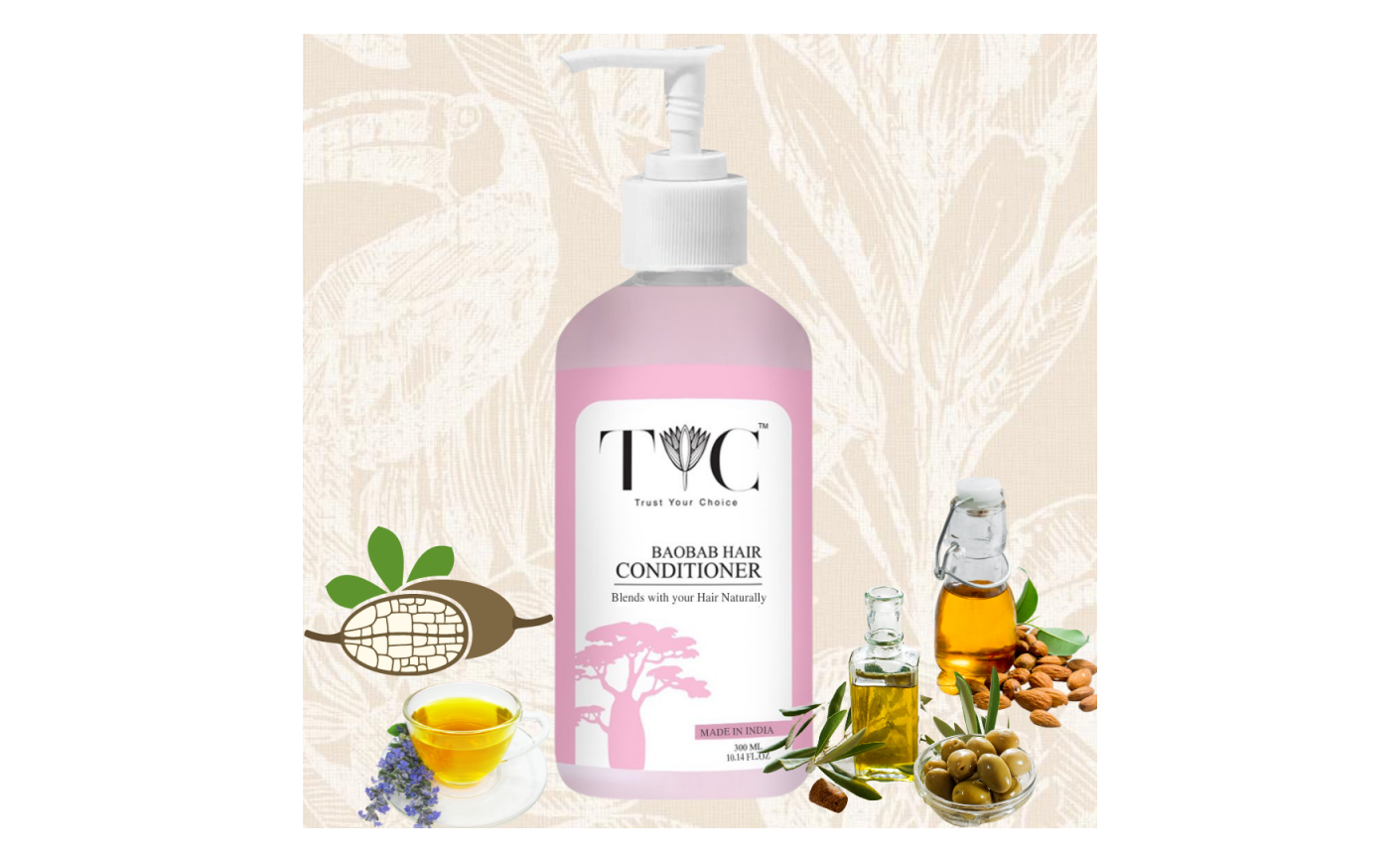
6 Amazing Facts about How You Should Use Hair Conditioner
I used to think conditioner was the mainstay of one's hair care regimen. The post-shampoo step that softens and smooths your strands after cleansing has always been the obvious choice. According to the aforementioned stylist, diet, stress management, and genetics are the only factors influencing a healthy head of hair conditioner. Conditioner, in his opinion, offers very little benefit and actually weighs the hair down.
Everything you put into your body matters, so eat more leafy greens if you can. Of course, numerous medical professionals have discussed the importance of genetics and stress on the hair, but using conditioner regularly has always seemed essential as well. It turns out that's the case. For the best possible hair health, conditioner is crucial. Let the professionals explain.
Let's start by defining the conditioner
Simply put, a conditioner is a moisturizing or conditioning agent typically containing silicones, oils, and emollients in addition to cationic surfactants (the scientific term for soaps or detergents, which help to wash away the oily elements). These ingredients replenish the moisture in hair after some of it has been lost during shampooing.
Additionally, there are various kinds of conditioners. The most popular ones include, of course, your standard post-shampoo deep conditioner, which is almost like a hair mask in that it's intended to be left on longer in order to penetrate the strands more deeply; cleansing conditioner (also known as co-wash), which serves as a hybrid shampoo and conditioner that cleans and conditions your hair at the same time, as well as leave-in conditioner, a post-shower, no-rinse treatment that nourishes and shields the hair all day.
1. How should hair conditioner be applied, and for how long should it stay in?
Unbelievably, there are proper and improper ways to condition your hair.The right way for applying the product in long, fluid motions and squeezing some of the water out of hair after shampooing to prevent the conditioner's effects from being diminished.
"Excess water dilutes your conditioner and inhibits the ingredients' ability to moisturise the hair,"
2. What advantages does conditioning your hair have?
The cuticle is strengthened with a protective coating by conditioner, allowing the hair to grow and resist breaking. The conditioner heals these wounds and coats the hair to support the cuticle. The cuticle of the hair is damaged when it is exposed to the environment and eventually breaks.
Although using hair conditioner in your hair care routine has many advantages, one of them is that it makes straightening the hair much simpler. Additionally, conditioners smooth the hair, detangle it, enhance shine, lessen frizz, and improve the texture.
To see the differences, simply wash your hair, apply hair conditioner only to one side of your head, and then comb through your hair.
3. How frequently should to you condition your hair?
Conditioners smooth and detangle the hair, which lessens split ends and breakage. Every time you shampoo, condition your hair to restore moisture, soften, and detangle. "Conditioning is something you should do every time you shampoo your hair.
4. What conditioner should I use based on the type of my hair?
In reality, there isn't much of a reason to use conditioners tailored to your hair type. In actuality, there is little discernible difference between goods marketed for curly, damaged, or coloured hair. The majority of formula changes are made for theoretical reasons, but most consumers won't be able to tell the difference.
As a result, while the format of your conditioner may be important—for example, a moisturising conditioner may contain more oils and emollients to soften and smooth the hair—the general makeup of post-shampooing conditioners doesn't vary significantly among formulas.
However, if you do have a specific conditioner that leaves your hair feeling exceptionally healthy and enables you to get the results you want, there is nothing wrong with keeping your status as a diehard fan of an old (or new) favourite.
All of this to say: You should probably start conditioning your hair if you haven't already. But instead of falling for the marketing hype, try out a few different types or speak with a hairstylist to determine which suits you best in terms of overall effect and preference.
5. Are there any drawbacks to conditioner for hair?
There aren't many of them, but there are. Some people may be allergic to conditioners, which can result in allergic contact dermatitis. But he adds that this would only apply to a tiny minority of people. Additionally, since conditioner can clog pores like any product made of oils, if you have acne and don't thoroughly rinse out your conditioner, you risk breaking out on your face, neck, or body.
The fact that conditioners can weigh the hair down is another potential drawback. For instance, using more product than what fits in your palm, or choosing a product with a very high concentration of oils (check the label to find out), can make your hair appear greasy or flat. He observes that people with fine hair are most likely to experience this.
6. If you stop using conditioner, what happens?
Without a conditioner, hair can become more fragile, prone to tangles, and prone to breakage.
Your hair might be harder to comb if you stop using conditioner. Additionally, it will be more prone to flyaways and frizz as well as splitting and breaking during styling.
There's that. Your hair might appear less shiny and dull. People, just condition your hair. You owe it to yourself.

All comments